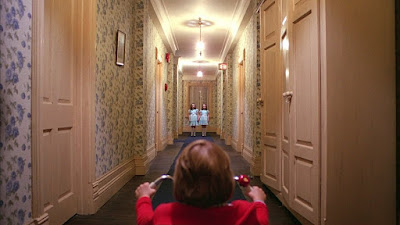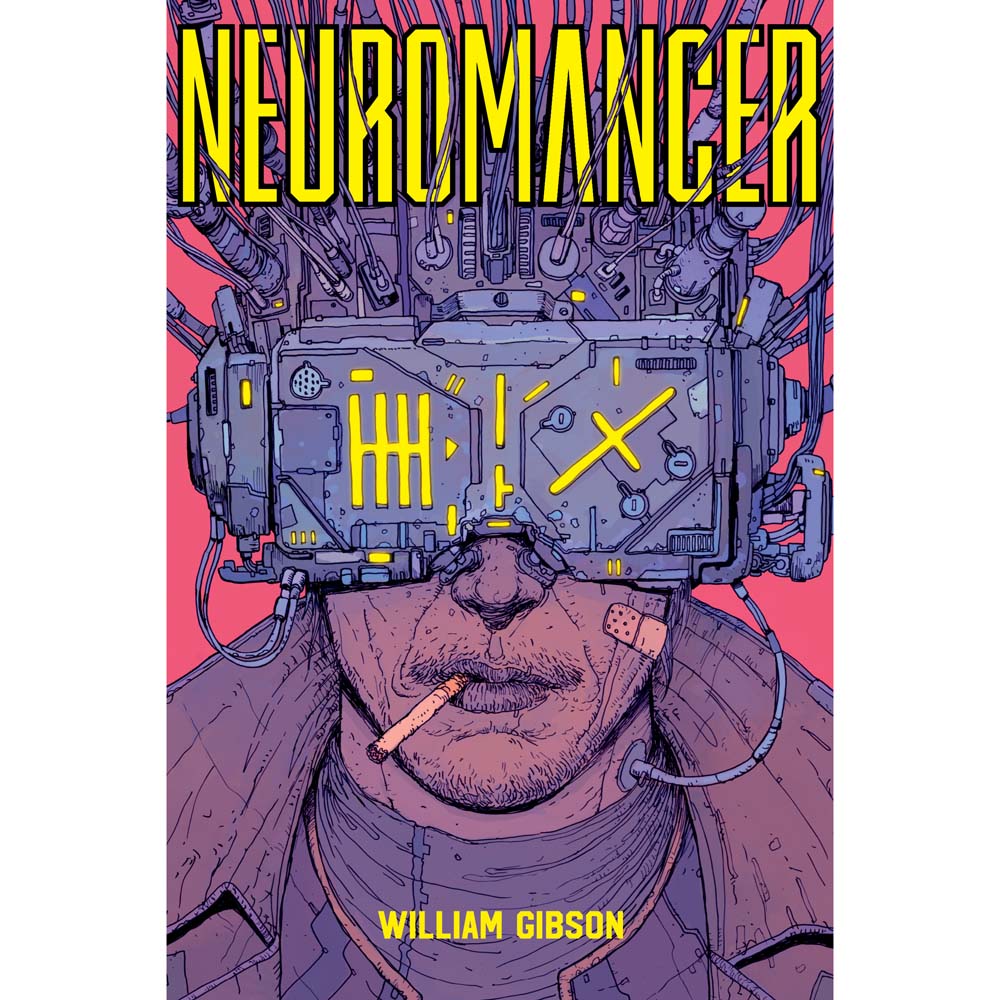"I do what I love, and I love what I do
but if you think this is easy, you must be new."
M.C. Abdominal
1) There isn't a point at which you're "in". When you start, it's easy to think of writing as a club that has either accepted you or hasn't: it's not really true. Also, be ready not to to be satisfied. You might think you've set out what you intended to do, and now it's time to stop - or your first novel might encourage you to write another one. And another.
2) "Write what you know" isn't really correct. It's a decent rule of thumb, but really, it should be something like "Only include what you can depict convincingly". That's not as catchy, but it's more accurate. After all, nobody knows what it's like to ride a dragon. And as for "Show don't tell", there are times when a quick tell defeats a slow show. Not many, but some.
3) You can't write a good book through reading alone. That sounds weird, but a lot of advice boils down to "keep writing and reading". Yes, these are both vital, but getting feedback from others and learning the skills of how to write are also very important.
 |
| There wasn't a picture for "Toby Writes A Book" |
4) Keep old ideas, and be ready to cross them with one another to get new concepts. I suspect that good new ideas don't just appear - they develop from something else. Often putting some unexpected element into an otherwise familiar story can yield very different results. It may be that an idea is perfectly good, but you're just not ready to write it yet.
5) Be wary of writing advice that says "You must do this". There's been a bit of a meme of "10 rules of writing" this week, basically as a response to Jonathan Franzen's rather odd observations here: https://lithub.com/jonathan-franzens-10-rules-for-novelists/. However, some of the replacement lists are no better. Beware of anyone who says "You must do it like this". A lot of this business is figuring out what works for you.
6) Contrary to the impression I always get, you don't have to own a cat. Or even like them.












